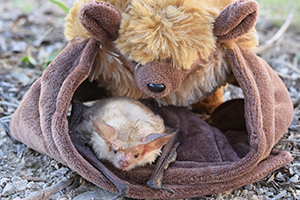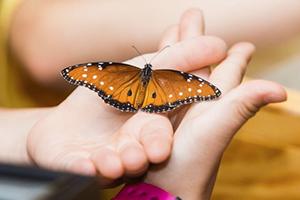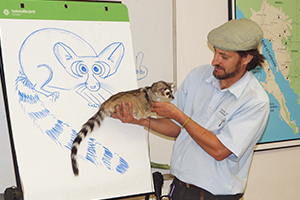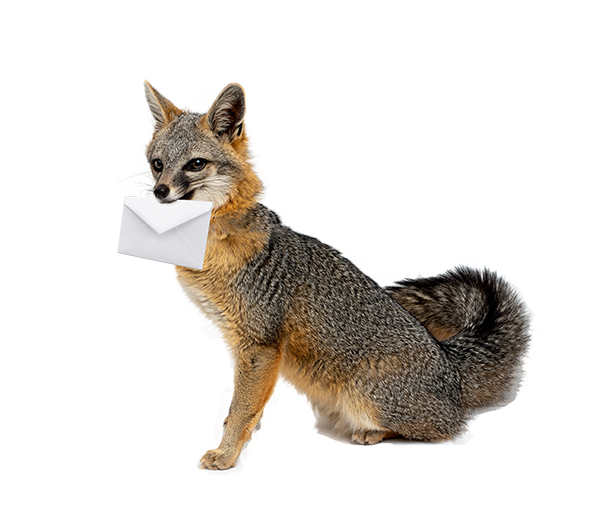Life on the Rocks
Life on the Rocks is a multi-species exhibit at the Arizona-Sonora Desert Museum that gives an in-depth look at the habitat and species most often encountered amidst Tucson's rocky slopes. This interactive exhibit takes visitors through the above and below ground wonder of this unique region by featuring the mammals and birds, invertebrates, reptiles, fishes, plants and minerals.
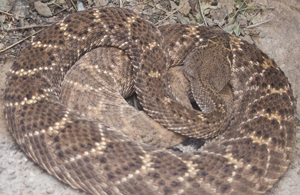
Western Diamond-backed Rattlesnake (Crotalus atrox)



